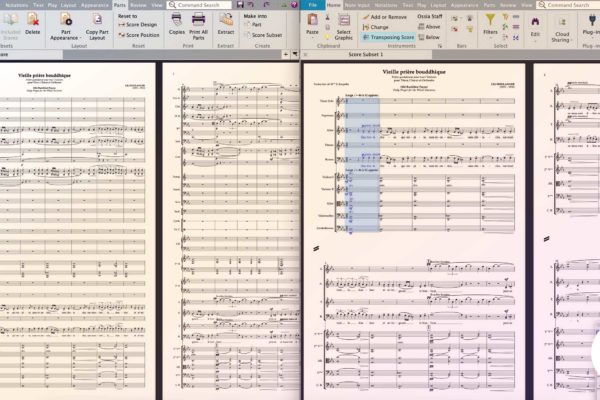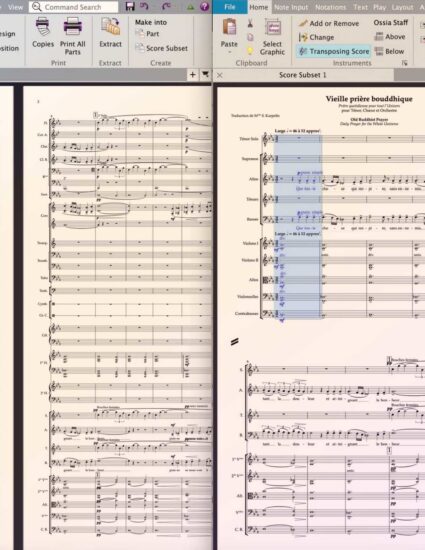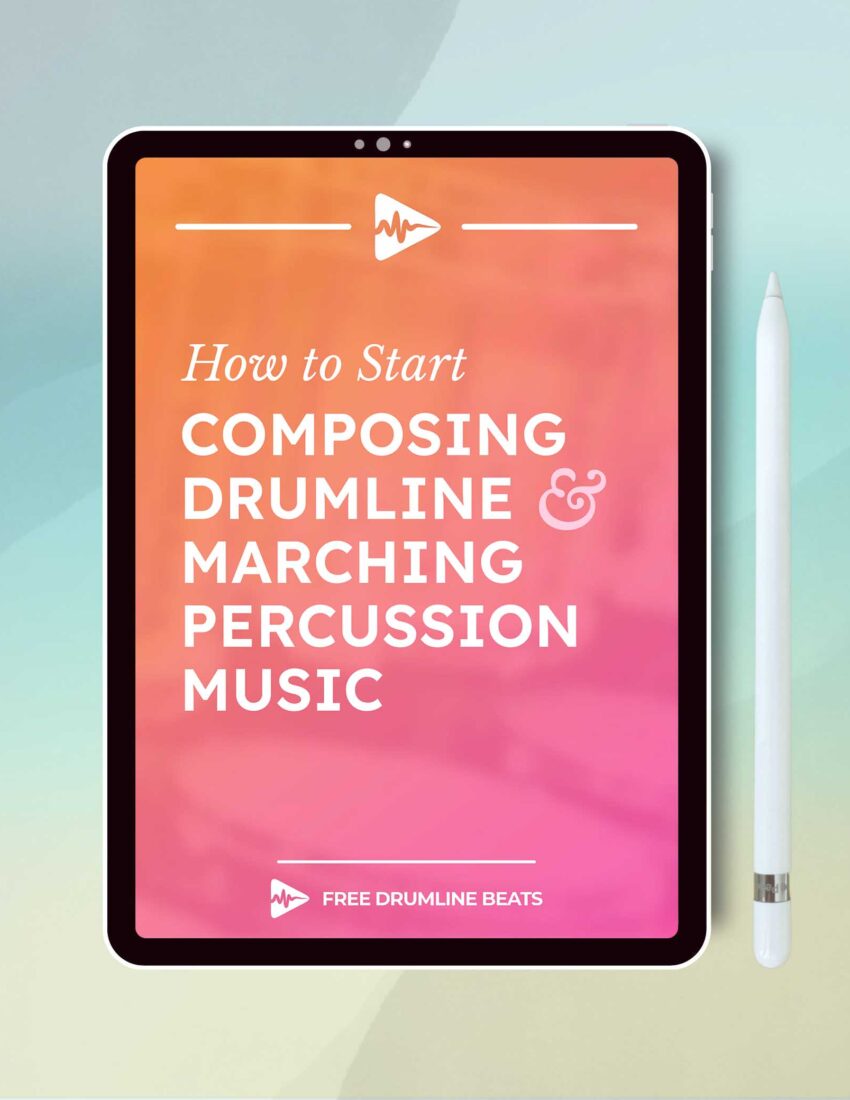In this blog post, we’ll cover some basic steps for getting started with music composition.
- Develop your skills
- Find your inspiration
- Experiment with different sounds and styles
- Practice, practice, practice
- Share your music
Composing music can be a rewarding and fulfilling hobby or career.
Ready to get started? Here we go…
1. Develop your skills
The first step to composing music is developing your skills as a musician.
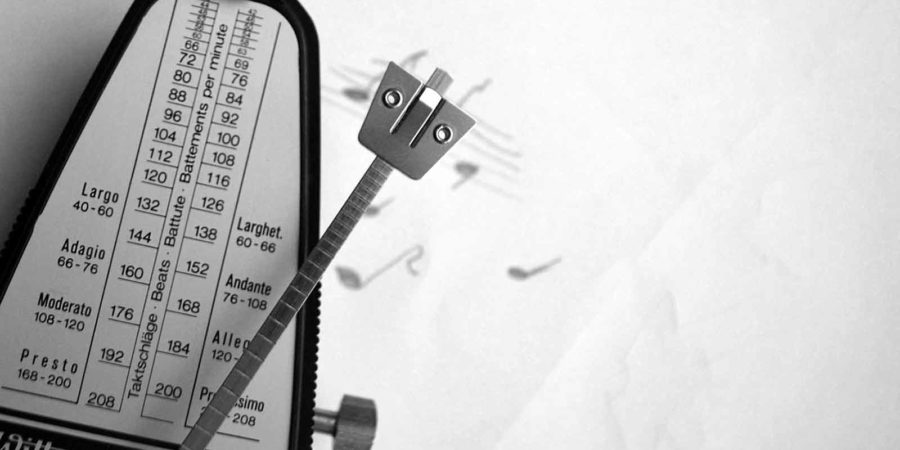
This can include learning how to play an instrument, singing, reading music notation, and understanding music theory.
There are many resources available for learning these skills, including online tutorials, music lessons, and music education software.
Developing your skills as a musician is an important step in the process of composing music.
There are a few key areas that you may want to focus on as you work on improving your skills:
Playing an instrument
Learning to play an instrument is an essential part of being a musician.
Whether you prefer a traditional instrument like the piano or guitar, or a more unconventional option like the theremin or didgeridoo, developing your skills on an instrument can help you create more complex and nuanced musical compositions.
Singing
Many people who are interested in composing music also enjoy singing.
Whether you’re a beginner or an experienced singer, developing your vocal skills can help you bring your compositions to life and add an extra layer of emotion and expression to your music.
Reading music notation
If you want to write down your compositions or work with other musicians, it’s important to be able to read and write music notation.
This can involve learning how to read sheet music, understanding basic music theory concepts like rhythm and melody, and being familiar with different symbols and notation systems.
Understanding music theory
A basic understanding of music theory can be extremely helpful when you’re composing music.
This can include concepts like scales and modes, chord progressions, and harmonic structure.
Learning music theory can help you create more complex and sophisticated compositions, and give you a better understanding of how different musical elements work together.
There are many resources available for learning these skills, including online tutorials, music lessons, and music education software.
It’s a good idea to take the time to explore different options and find the resources that work best for you.
2. Find your inspiration
When you’re ready to start composing, the next step is to find inspiration for your music.

This can come from a variety of sources, including other music that you enjoy, your personal experiences and emotions, and the sounds and rhythms of the world around you.
Finding inspiration for your music can be a key part of the composing process.
There are many different sources of inspiration that you can draw upon, including:
Other music
Listening to other musicians and bands can be a great way to find inspiration for your own compositions.
Whether you’re a fan of classical, rock, jazz, or any other genre, exploring different types of music can help you discover new sounds and ideas to incorporate into your own compositions.
Personal experiences and emotions
Your own experiences and emotions can be a rich source of inspiration for your music.
Whether you’re writing a love song or an angry punk anthem, your own feelings and thoughts can help you create music that is authentic and meaningful.
Sounds and rhythms of the world around you
The world around you is full of sounds and rhythms that can inspire your music.
Whether you’re inspired by the sound of a distant car horn, the beat of a drum circle, or the hum of an electrical transformer, paying attention to the sounds and rhythms of your environment can help you find new ideas for your compositions.
Ultimately, the best source of inspiration for your music is whatever speaks to you personally and helps you create compositions that are meaningful and authentic.
3. Experiment with different sounds and styles
Once you have an idea for your music, it’s time to start experimenting with different sounds and styles.
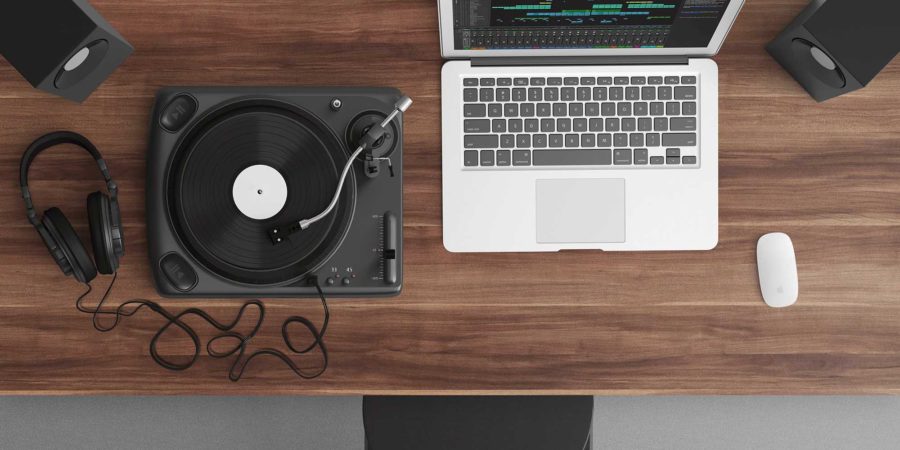
This might involve using virtual instruments or recording your own sounds, trying out different chord progressions and melodies, and exploring different musical genres and styles.
Experimenting with different sounds and styles is an important part of the process of composing music.
There are many ways you can go about this, including:
Using virtual instruments
Many music composition software programs come with virtual instruments that you can use to create different sounds and styles.
These can range from traditional instruments like pianos and guitars, to more unconventional sounds like synthesizers and drum machines.
Experimenting with different virtual instruments can help you find the sounds that work best for your compositions.
Recording your own sounds
In addition to virtual instruments, you can also use real-world sounds as part of your compositions.
This might involve recording your own sounds using a microphone and recording software, or sampling sounds from other sources.
Trying out different chord progressions and melodies
The chord progression and melody of a song are two of the most important elements that contribute to its overall sound and feel.
Experimenting with different chord progressions and melodies can help you find the combinations that work best for your compositions.
Exploring different musical genres and styles
Each musical genre and style has its own unique characteristics and conventions.
Experimenting with different genres and styles can help you find new ideas and techniques to incorporate into your own compositions.
As you experiment with different sounds and styles, be sure to keep an open mind and don’t be afraid to try new things.
This can help you discover new ideas and approaches that you might not have considered otherwise.
4. Practice, practice, practice
Like any skill, composing music requires practice. A lot of it.
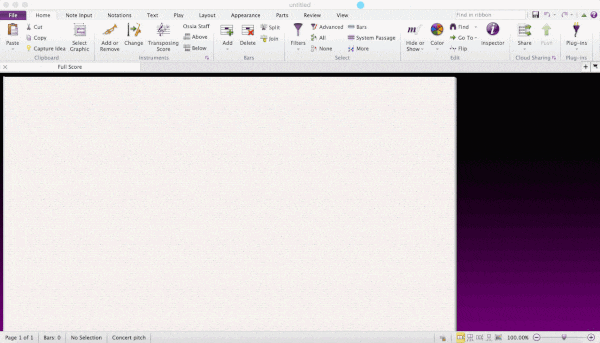
As you work on your compositions, be sure to take the time to refine your ideas, experiment with new techniques, and listen to your music with a critical ear.
Practice is an essential part of the process of composing music.
As you work on your compositions, it’s important to take the time to refine your ideas, experiment with new techniques, and listen to your music with a critical ear.
Here are a few specific things you can do to practice and improve your skills as a composer:
Refine your ideas
As you work on your compositions, be sure to take the time to refine your ideas and make sure that they are fully realized.
This might involve trying out different chord progressions, melodies, or instrumentation to see what works best.
Experiment with new techniques
Composing music is an ongoing process of learning and discovery.
As you work on your compositions, be sure to try out new techniques and approaches to see what works best for you.
This might involve exploring new musical genres or styles, or trying out different virtual instruments or recording techniques.
Listen to your music with a critical ear
As you work on your compositions, it’s important to listen to your music with a critical ear and be willing to make changes and adjustments as needed.
This might involve changing the structure of a song, reworking a melody or chord progression, or adding or removing elements to create a more cohesive and well-crafted composition.
By practicing regularly and being willing to try new things, you can continue to improve your skills as a composer and create music that is meaningful and authentic.
5. Share your music
One of the most rewarding aspects of composing music is sharing it with others.
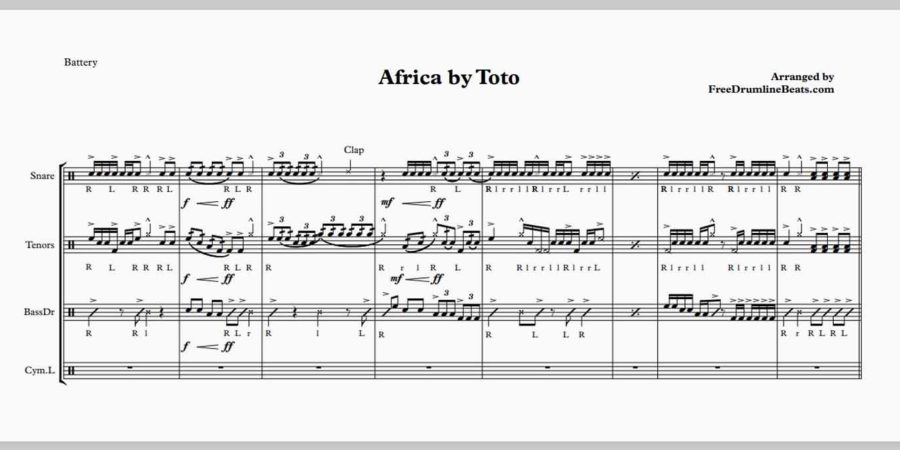
Whether you’re performing your music live or sharing it online, getting feedback and sharing your compositions with others can be a great way to improve and grow as a musician.
Sharing your music with others is a great way to improve and grow as a musician.
There are many ways you can share your compositions, including:
Performing your music live
One of the most rewarding aspects of composing music is bringing it to life through live performance.
Whether you’re performing solo or with a band, playing your music live can be a great way to share your compositions with others and get feedback on your work.
Sharing your music online
In addition to performing your music live, you can also share your compositions online.
This might involve uploading recordings of your music to a website or social media platform, or sharing sheet music with other musicians.
Collaborating with other musicians
Collaborating with other musicians can be a great way to share your music and get feedback on your compositions.
Whether you’re working on a project together or simply sharing ideas and feedback, collaborating with other musicians can be a valuable part of the composing process.
By sharing your music with others, you can get valuable feedback and insights that can help you improve and grow as a composer.
It can also be a great way to connect with other musicians and build a supportive community around your work.
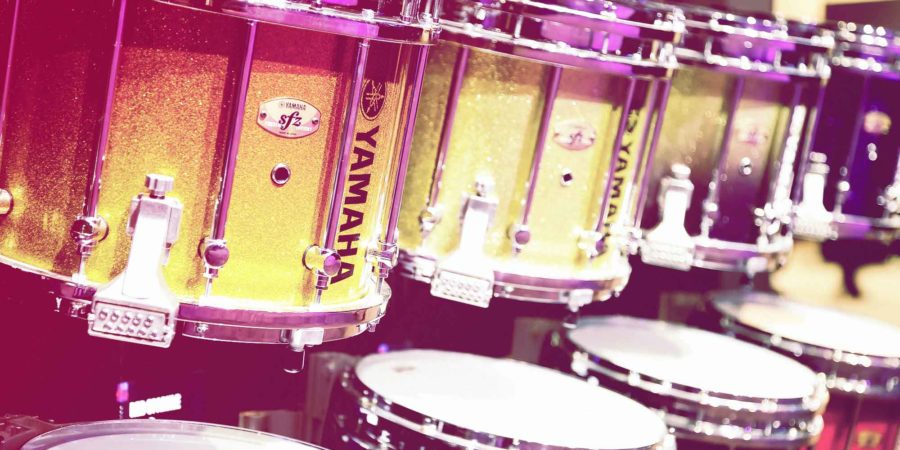
There you have it
Composing music can be a challenging but rewarding process.
With dedication and practice, anyone can learn how to create their own musical compositions.

